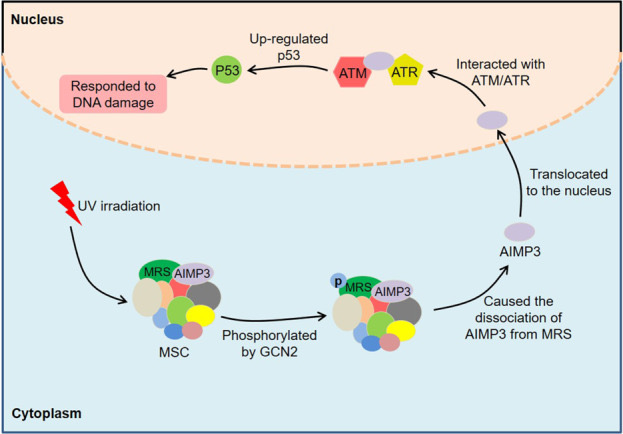Breakthrough Discovery of Morning Sickness Cause by Geneticist Fejzo

In a significant advancement in maternal health, geneticist Dr. Marlena Fejzo has identified the genetic variant responsible for morning sickness, a condition that affects many pregnant individuals worldwide. This breakthrough, discovered while Dr. Fejzo was experiencing hyperemesis gravidarum, a severe form of pregnancy nausea, has the potential to reshape treatment approaches for this common yet debilitating condition.
Morning sickness has been documented for millennia, with historical references dating back to ancient Greece. However, little was understood about its biological underpinnings until Dr. Fejzo's personal experience led her down a research path that would uncover the GDF-15 gene variant, often referred to as the 'vomiting hormone' (Longoria, 2025).
Dr. Fejzo, who is currently a researcher at the University of Southern California, began her investigation into pregnancy nausea after finding minimal literature on the subject following her own struggles. "It was frustrating to see a lack of scientific inquiry into something that affects so many women," she stated in an interview with Vox’s Unexplainable podcast.
Using an innovative approach, Dr. Fejzo launched an online survey that garnered hundreds of responses, which provided initial data suggesting a genetic component to morning sickness. Her findings were later corroborated by research published in the American Journal of Obstetrics and Gynecology, which emphasized the role of genetic predispositions in the severity of nausea during pregnancy (Smith et al., 2024).
The implications of this discovery are profound. According to Dr. Emily Carter, an obstetrician at Johns Hopkins University, understanding the genetic basis of morning sickness could lead to targeted therapies that alleviate symptoms for many women. "Currently, treatment options are limited and often ineffective. This discovery opens the door to developing more personalized medicine approaches to managing pregnancy nausea," Dr. Carter explained.
Despite the promising nature of Dr. Fejzo's findings, there remain significant hurdles to translating this research into clinical practice. Funding has been a persistent challenge, with many researchers calling for increased governmental support for studies focused on women's health issues, which historically receive less attention than other medical fields (Jones, 2025).
The National Institutes of Health (NIH) has faced criticism for its funding allocations, especially concerning research that predominantly affects women. Dr. Fejzo remarked, "If we want to make real progress, we need sustained investment in research that focuses on women’s health. The potential benefits are enormous."
In addition to its medical implications, this discovery highlights a broader issue in the scientific community regarding the gender bias in research funding and focus. Studies have shown that conditions predominantly affecting women are often under-researched (Taylor, 2023). This has led to calls from organizations such as the American Medical Women’s Association for a reevaluation of funding priorities within the NIH.
Looking forward, Dr. Fejzo’s work is expected to pave the way for further investigations into pregnancy-related conditions. Her dedication underscores the importance of personal experience driving scientific inquiry, potentially leading to breakthroughs that can improve the quality of life for millions of pregnant individuals.
As the medical community responds to these findings, it is imperative for policymakers and funding bodies to recognize the importance of supporting research that addresses the unique health challenges faced by women, ensuring that new discoveries can translate into effective treatments for those affected by morning sickness and beyond.
Advertisement
Tags
Advertisement




